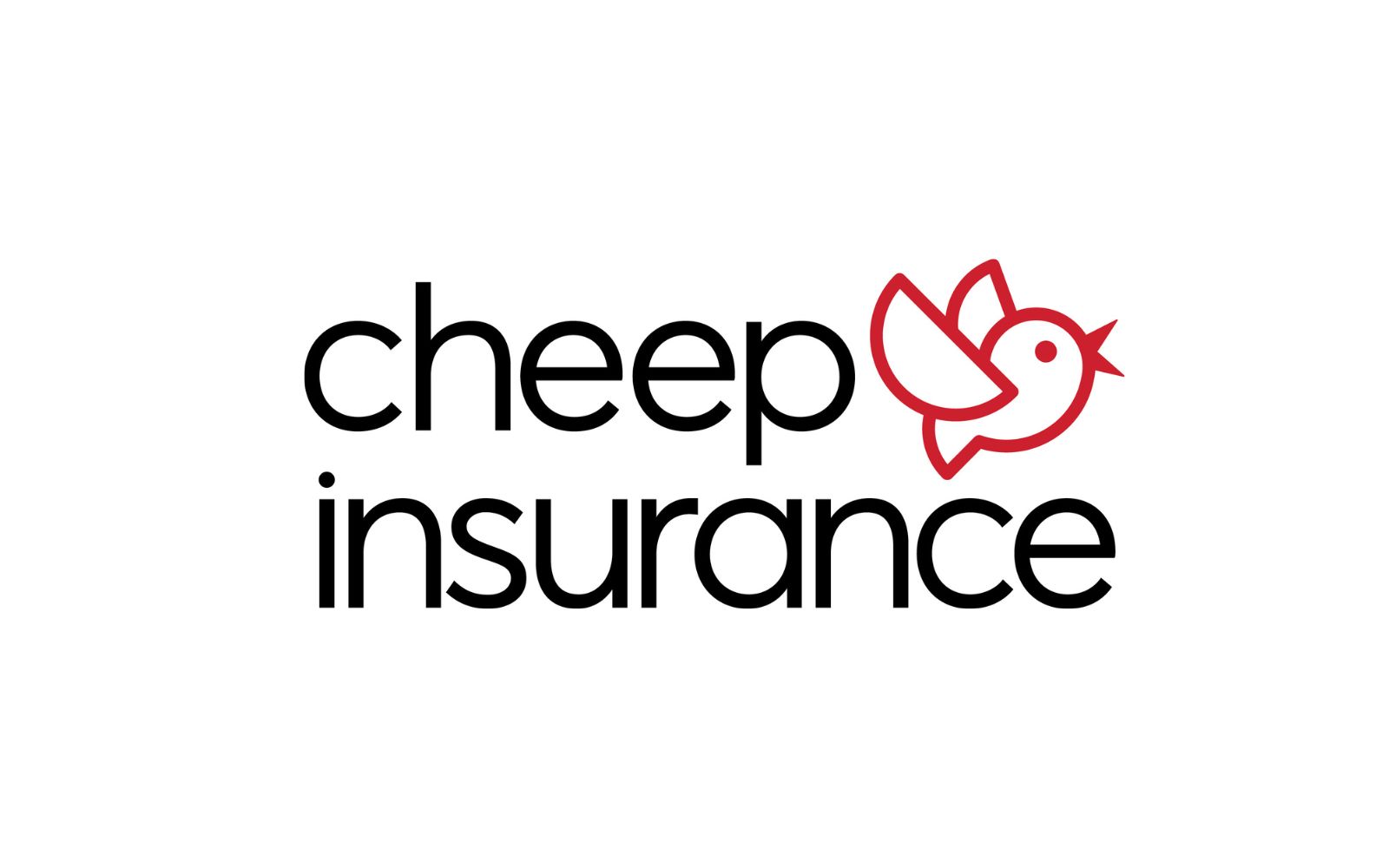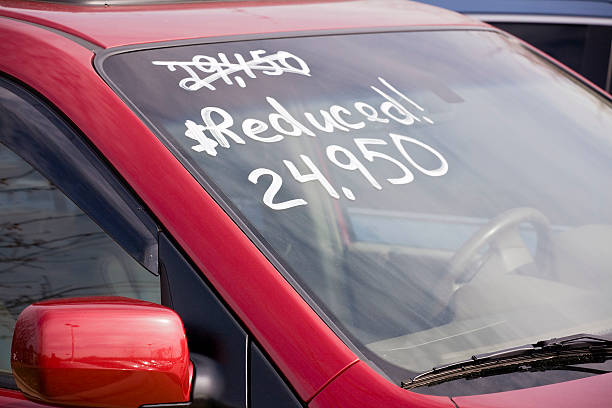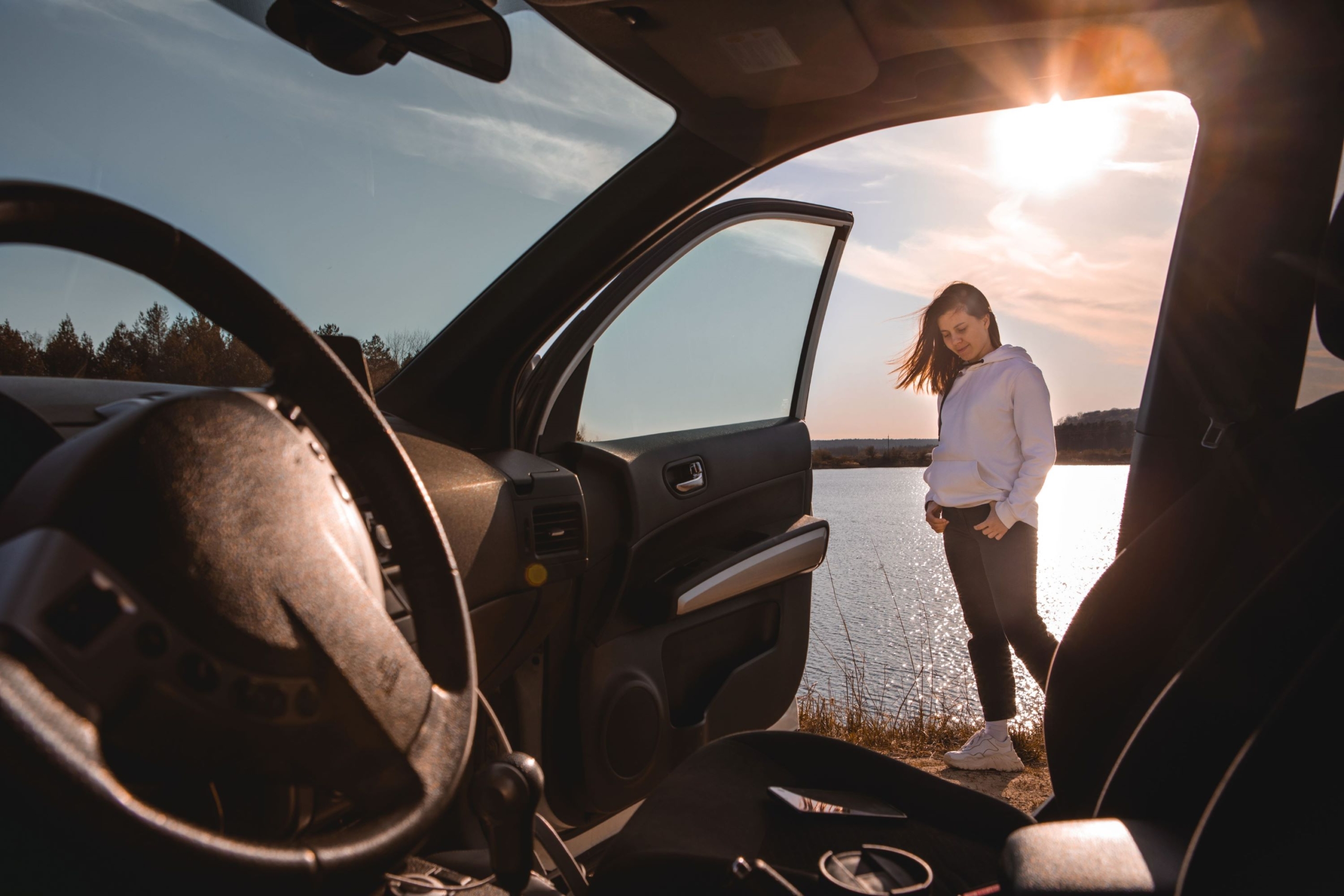Car Insurance Frequently Asked Questions.
When it comes to car insurance, having a clear understanding of your coverage is essential. From rentals to cross-country road trips, we’ve got your common questions covered.
Does my insurance cover rental cars?
Great question! If you need to rent a vehicle, whether for personal use or because your vehicle is not drivable, you need to know if you’re covered.
The answer to this question depends on what you have for car insurance coverage. If you have car insurance and need to rent a vehicle, coverages such as your third-party liability and accident benefits will extend to a rental vehicle. However, most rental companies will require you purchase a separate “rental insurance” for any physical damage that may occur. Physical coverage for a rental vehicle does not automatically extend from your insurance.
If you have Section C – Physical Damage coverage on your personal auto insurance policy, you can add on an endorsement (optional coverage) called “SEF 27 – Legal Liability to Non-Owned Automobiles”. This coverage extends physical damage coverage to the rental up to a certain limit. Limits and deductibles for this coverage are subject to individual policies.
Can I Drive Someone Else’s Car?
If you are an insured driver (have your own car insurance) you can drive someone else’s vehicle with their permission.
What’s important for you and the car’s owner to know is that the insurance follows the vehicle, not the driver. This means that while you are driving their vehicle, you are covered by their insurance and any claims or accidents you may be involved in could affect the vehicle owner’s insurance premium.
Can Someone Else Drive My Car?
As with the question above, when you lend your vehicle, you lend your insurance. You are welcome to give your permission and loan your vehicle to a friend or family member under two conditions. They must be a licensed driver, and they must carry their own car insurance policy. Remember that if they are involved in a claim or have an accident while driving your car, it may impact your insurance record/prices.
Am I Covered to Drive in Another Province?
If you’re looking to take a road trip across Canada, chances are your car insurance policy will cover you in the event of an accident of claim. For example, insurance purchased in Nova Scotia will cover you up to your limits in every province. However, be aware that different provinces may have different methods to settle car insurance claims. If you live in a province that allows you to sue an “at fault” driver, but the accident happens in a “no fault” province, you will have to look at your own policy for any payment.
Will my car insurance cover me if I go to the United States?
The short answer to this question is yes, your car insurance policy will cover you in the United States, but there are definitely things you need to know.
- Increase your liability limits. If you are traveling to the United States, make sure you have at least $2 million third party liability limits on your insurance. At-fault drivers involved in accidents in the United States are often involved in lawsuits, and settlements south of the border are often much higher than here in Canada.
- Validate your coverage – SEF 44 – Family Protection protects the insured and their immediate family when an underinsured or uninsured driver causes an accident that results in serious injuries. This endorsement is a mandatory coverage in some provinces but not all. Talk to your broker or check your policy before you leave for the U.S., as you will also need this coverage to protect yourself and your family in the States.
- Speaking of south of the border – many Canadian insurance companies will not cover you to drive your vehicle in Mexico. So, if you’re traveling to the southern United States, stay on that side. If you do plan to travel further South, reach out to your Broker for potential options before crossing the border.
- Double check your rental car coverage – As we mentioned earlier, some policies cover rental cars and some don’t. You never know what could happen on a road trip, so it’s best to put as much coverage as possible on your vehicle to stay protected – especially while traveling.
- Think about how long you’ll be gone. A couple of days of travel is usually fine with insurance companies; however, always check with your broker on how long you are able to travel out of the province or country before leaving. It’s better to make sure you’re covered before you leave, rather than be in big trouble if something happens.
Tips for a Smooth Ride
- Confirm Coverage: Before driving a rental or someone else’s car, double-check with your insurance provider to ensure you’re adequately covered.
- Notify Your Insurer: If you frequently drive someone else’s car or allow others to drive yours, inform your insurance company. They can guide you on the best coverage options.
- Travel Preparations: If you’re planning a road trip outside of Nova Scotia or even across the border, notify your insurance company in advance. They can provide guidance on additional coverage you might need.
Understanding your car insurance coverage gives you the peace of mind to hit the road confidently, no matter the destination.
Remember that specific policies may vary, this blog is for general information purposes only – always have open communication with your insurance provider and ask any questions you might have.
Ready to cruise with confidence? Reach out to our knowledgeable team at Cheep Insurance for personalized guidance on your car insurance needs. We’re here to help you navigate the twists and turns of insurance coverage, ensuring you have a safe and enjoyable journey on every road you travel.







 Most policies insured with Cheep Insurance are Agency Bill/IFS financed policies. You can determine who manages your payments by following the directions below. If you are still not sure who manages your payments, call our team as funds paid directly to the insurance company when they should go to IFS will cause large delays.
Most policies insured with Cheep Insurance are Agency Bill/IFS financed policies. You can determine who manages your payments by following the directions below. If you are still not sure who manages your payments, call our team as funds paid directly to the insurance company when they should go to IFS will cause large delays.